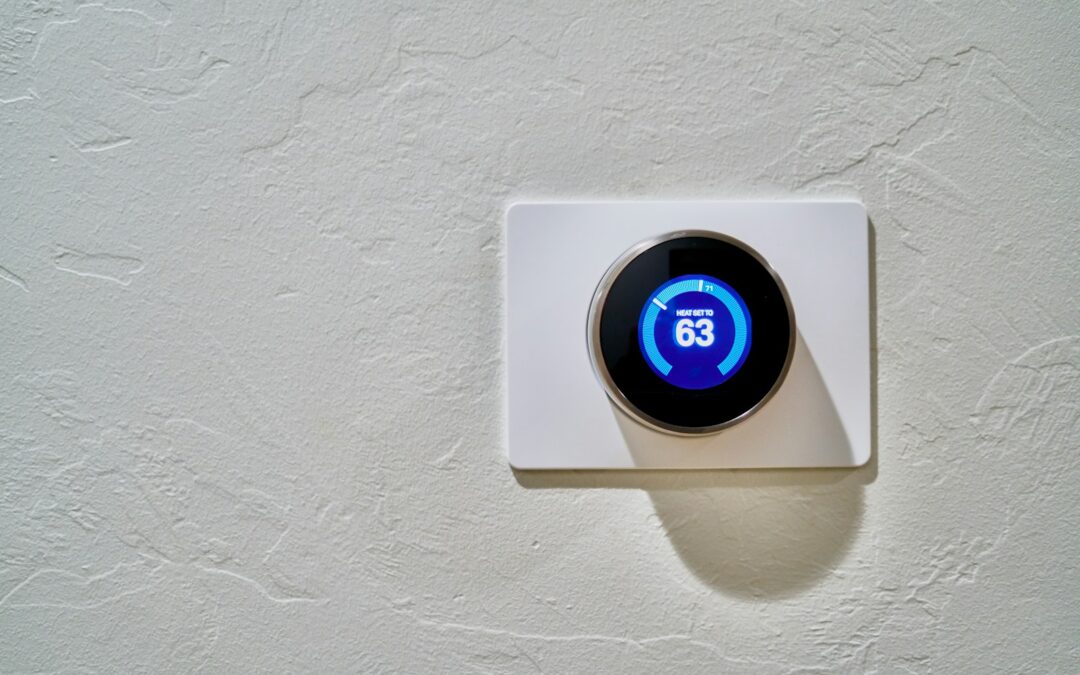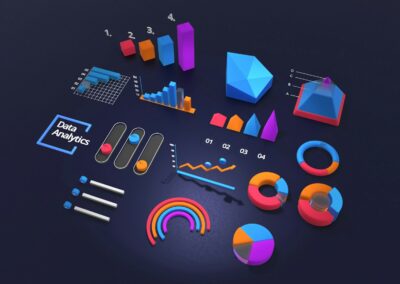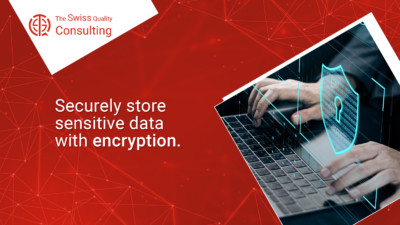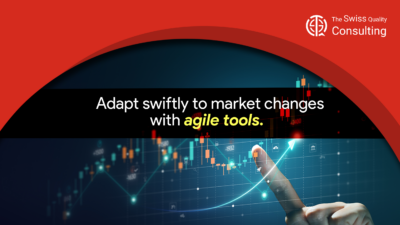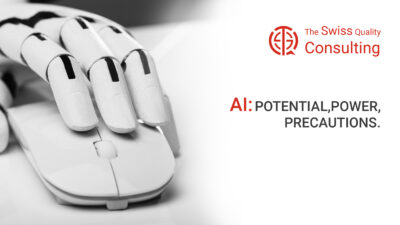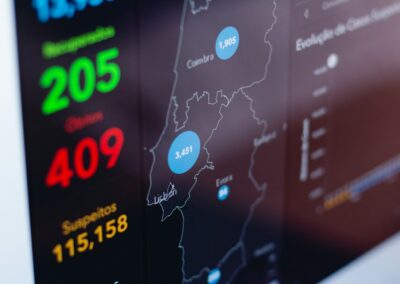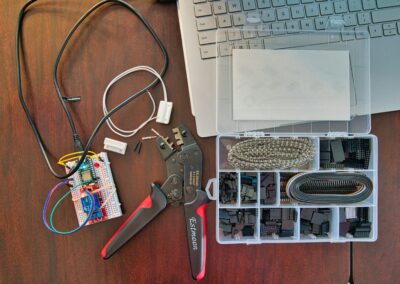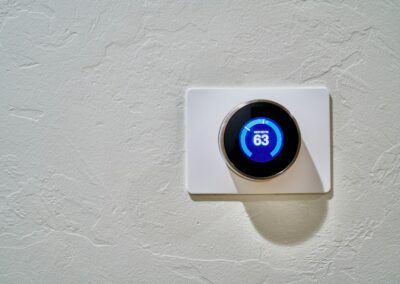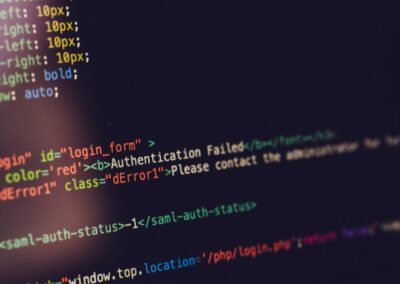Understanding the Challenges of Migrating to IoT
Complexity of Integrating IoT with Legacy Systems
The challenges of migrating to IoT from traditional systems are multifaceted, often beginning with the complexity of integrating IoT technologies with existing legacy systems. Many organizations in regions like Saudi Arabia and the UAE have long relied on established infrastructure, which may not be readily compatible with modern IoT solutions. This integration requires significant technical expertise and can be time-consuming, posing a barrier to smooth transition. For instance, businesses in Riyadh that utilize older manufacturing equipment may struggle to connect these devices with new IoT platforms. To overcome this, companies need to invest in robust middleware solutions that facilitate seamless communication between old and new systems, ensuring that data flows efficiently and reliably.
Data Security and Privacy Concerns
Data security and privacy are major concerns for organizations transitioning to IoT. Traditional systems often operate in controlled environments with limited external connectivity, reducing their exposure to cyber threats. However, IoT systems are inherently connected and distributed, increasing the risk of data breaches and unauthorized access. In Dubai, where smart city initiatives are rapidly advancing, ensuring the security of vast amounts of data collected from various IoT devices is paramount. To address these concerns, businesses must implement comprehensive cybersecurity measures, including encryption, secure authentication, and regular security audits. Additionally, adhering to international data protection standards and local regulations is crucial for maintaining trust and compliance.
Managing the Volume and Variety of Data
The migration to IoT also presents the challenge of managing the significant increase in data volume and variety. Traditional systems typically generate relatively structured and predictable data, whereas IoT devices produce vast amounts of real-time, unstructured data from diverse sources. This influx can overwhelm existing data management and analytics capabilities, making it difficult for organizations to extract actionable insights. In Saudi Arabia, businesses leveraging IoT for smart retail or healthcare applications need advanced data analytics tools and platforms to handle this complexity. Employing scalable cloud-based data management solutions and investing in AI-driven analytics can help organizations process and analyze IoT data effectively, transforming it into valuable business intelligence.
Strategies to Overcome IoT Migration Challenges
Developing a Comprehensive Migration Plan
To successfully navigate the challenges of migrating to IoT, organizations must develop a comprehensive migration plan that addresses both technical and operational aspects. This plan should include a clear roadmap outlining the steps for integration, the necessary technological investments, and a timeline for implementation. In Dubai, companies embarking on IoT projects often start with pilot programs to test and refine their approaches before full-scale deployment. This iterative process allows for adjustments and improvements, minimizing risks and ensuring that the final IoT implementation meets organizational goals. Additionally, involving cross-functional teams in the planning process ensures that all perspectives are considered, leading to a more holistic and effective migration strategy.
Investing in Training and Skill Development
Another critical strategy for overcoming IoT migration challenges is investing in training and skill development. The successful deployment and management of IoT systems require specialized knowledge and expertise, which may not be readily available within organizations accustomed to traditional systems. In Riyadh, forward-thinking companies are focusing on upskilling their workforce through targeted training programs and collaborations with educational institutions. By equipping employees with the necessary skills to manage IoT technologies, organizations can ensure smoother transitions and more effective utilization of IoT capabilities. Additionally, hiring experts with experience in IoT implementation can provide valuable insights and guidance throughout the migration process.
Ensuring Robust Data Management and Analytics
Effective data management and analytics are crucial for overcoming the challenges associated with the increased data volume and variety brought by IoT. Organizations must adopt advanced data management platforms that can scale with the growth of IoT data and provide real-time processing capabilities. In Saudi Arabia’s smart cities, for example, deploying cloud-based solutions allows for the flexible and scalable storage of IoT data, while AI-powered analytics tools help extract meaningful insights. Implementing robust data governance frameworks ensures that data is accurate, consistent, and secure, enabling organizations to make data-driven decisions with confidence. By focusing on strong data management practices, businesses can maximize the value of their IoT investments.
Conclusion
Migrating from traditional systems to IoT presents several challenges, including integration complexities, data security concerns, and the management of increased data volumes. However, with a comprehensive migration plan, investment in skill development, and robust data management strategies, organizations can successfully overcome these hurdles. In regions like Saudi Arabia and the UAE, where technological advancement is rapidly progressing, embracing IoT solutions is essential for staying competitive and driving business success. By addressing these challenges head-on and leveraging the full potential of IoT, businesses can achieve greater operational efficiency, innovation, and growth in the modern digital landscape.
—
#IoTMigrationChallenges, #TransitioningToIoT, #IoTImplementation, #TraditionalSystemsToIoT, #OvercomingIoTChallenges, #BusinessTechnologyTransition, #IoTSolutions, #DigitalTransformation

